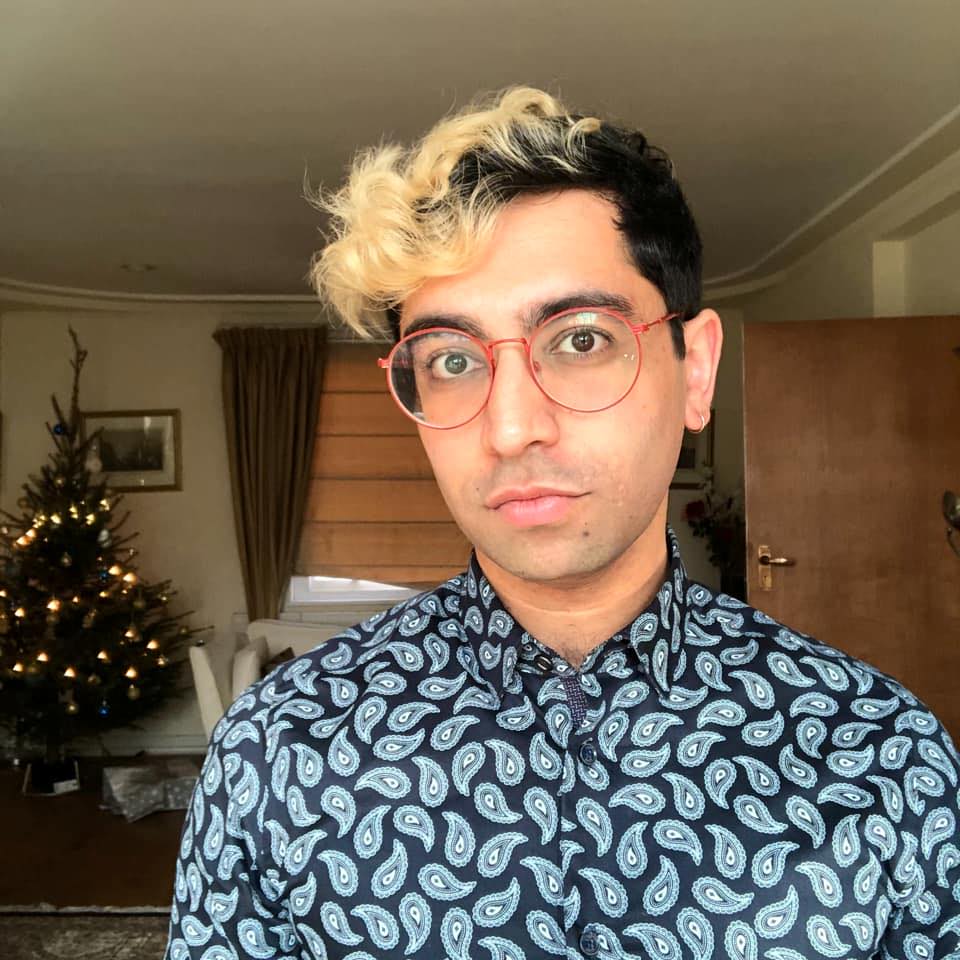About me
I'm Aditya Chander, a music theorist and music cognition researcher.
My research interests lie in the domain of modelling listeners' expectations for musical structure, particularly focusing on harmony. My work is published in Cognition (2023) and Music Perception (2022), and has been presented at conferences hosted by the Society for Music Theory, Music Theory Midwest, Society for Music Perception and Cognition, International Conference on Music Perception and Cognition, Cognitive Neuroscience Society, and Auditory Perception & Cognition Society among others.
Currently, I am a PhD candidate at Yale University, advised by Ian Quinn (Music Theory) and Richard Aslin (Psychology, Child Study Center). My dissertation project explores how listeners use dynamic expectation adaptation to process musical structure in real time (particularly harmonic structure in popular music), and models this process computationally. I also hold degrees from Stanford University's Center for Computer Research in Music and Acoustics (MA, Music, Science and Technology, advised by Takako Fujioka) and the University of Cambridge (BA, Music, Double First Class Honours, graduated with Distinction).
In addition to my research, I have significant teaching experience. At Stanford, I was a section leader for introductory computer science classes. At Yale, I have been the sole instructor for an introductory class in Harmony and Counterpoint in Western music from 1500-1800, and been a teaching fellow for classes in Natural Language Processing, Rhythm, Meter and Musical Time, Introduction to the History of Western Music: 1800 to the Present, and Elements of Musical Pitch and Time. Outside the university context, I've enjoyed teaching machine learning to high school students at Inspirit AI, where I've also done some curriculum development.
I am a firm believer that music theory/cognition and practical music-making inform each other. Thus, I remain active as a violinist. Now that I'm based in Boston, I have joined the ranks of the Boston Philharmonic Orchestra. Prior to this, I was a member of the Yale Symphony Orchestra from 2019-2023, serving as concertmaster from 2020-2022 and again in 2023 for a tour to Mexico. I've been a prizewinner in concerto competitions at Stanford and Cambridge, and in 2020 I received an honourable mention in the World Bach Competition (presented by the Boulder Bach Festival). In 2019, I participated in the St. Lawrence String Quartet Chamber Music Seminar at Stanford, receiving coaching from current and former members of the St. Lawrence, Belcea and Danish String Quartets.
I am committed to anti-racism in my scholarship, teaching and practice. I am a founding member and from 2021-2023 was co-chair of the Grant Hagan Society at Yale, a graduate-student led affinity group to support people of colour in the Department of Music.
In my spare time, I enjoy cooking, baking, travelling, and watching drag shows.
